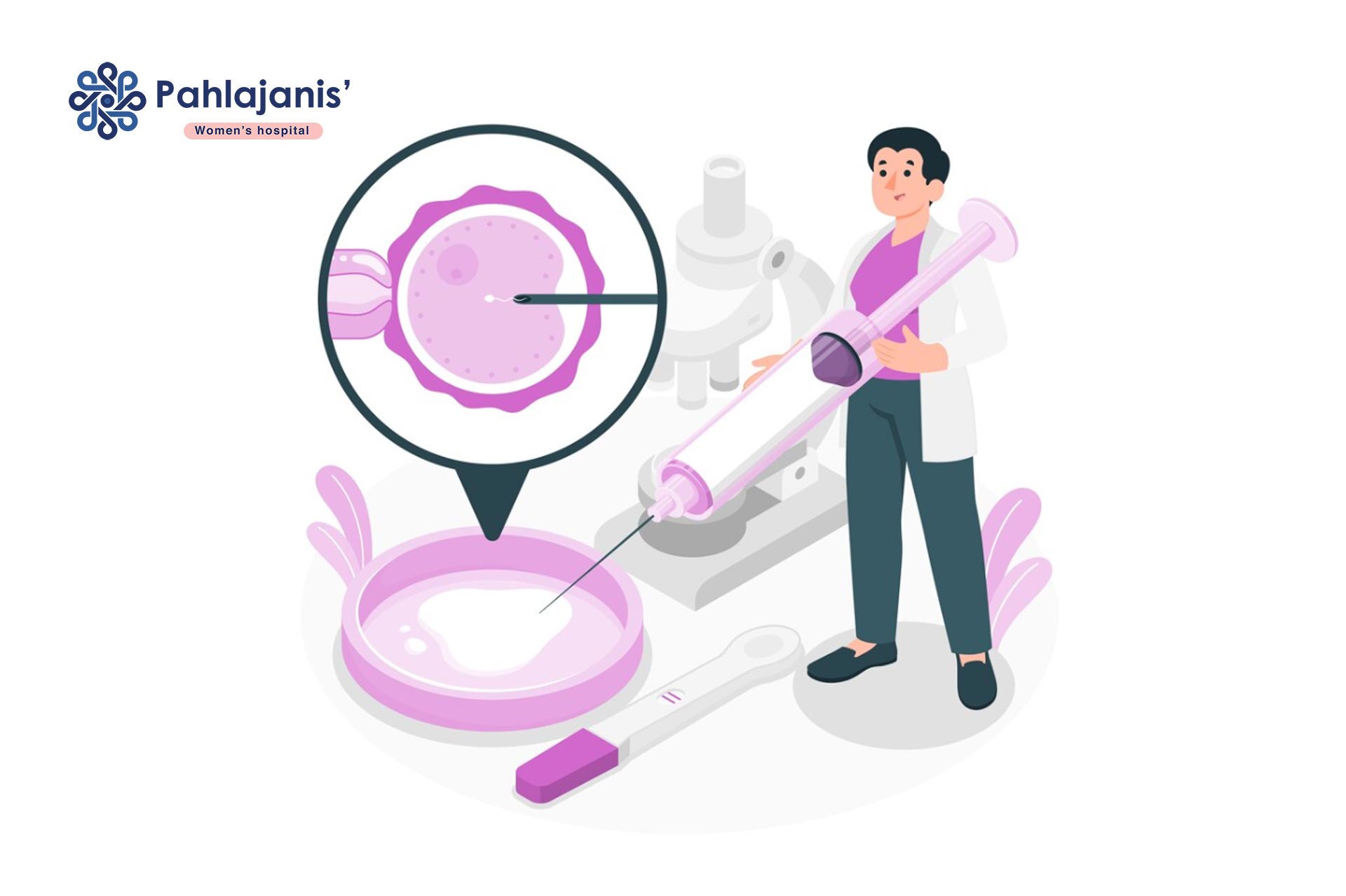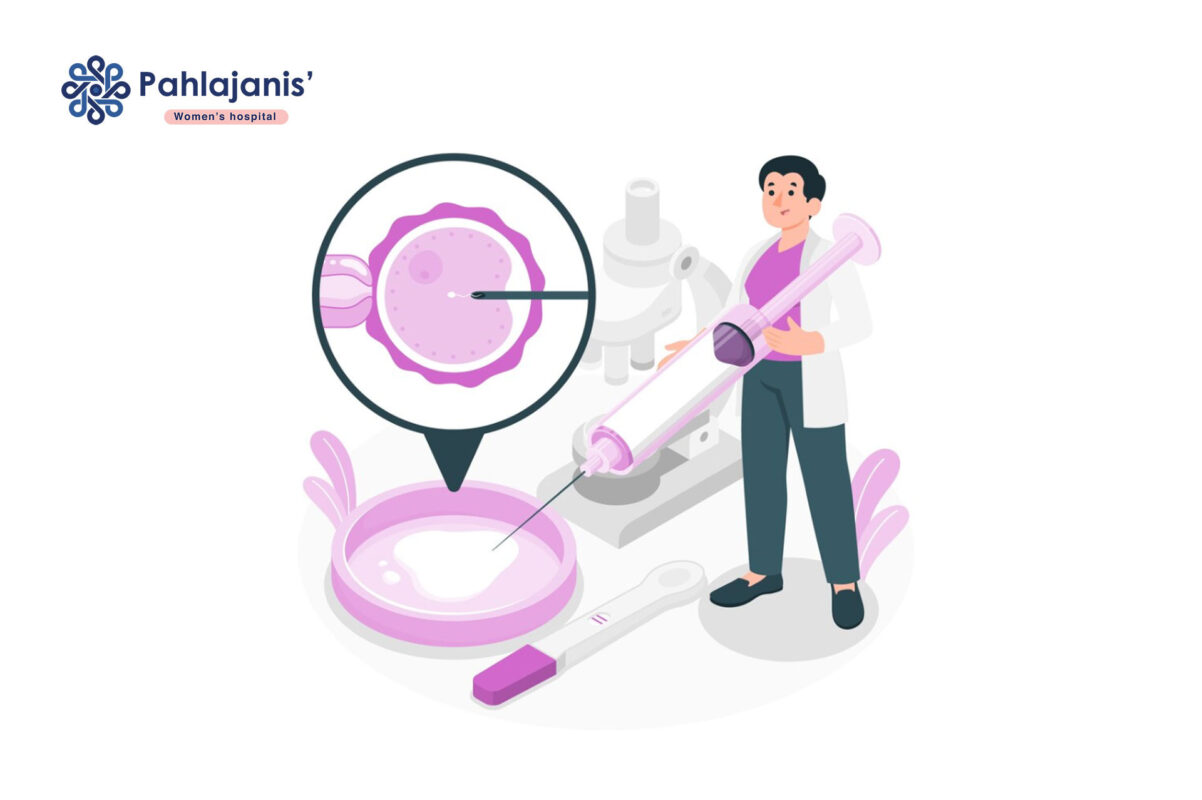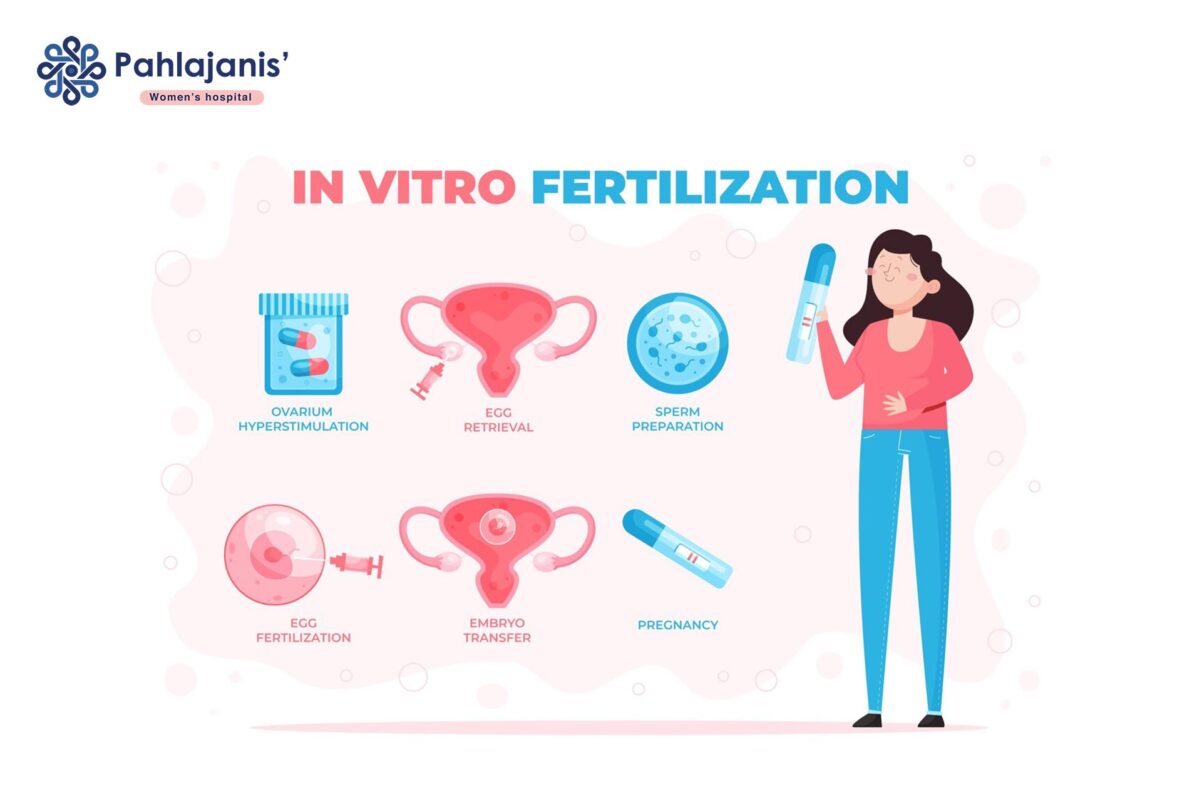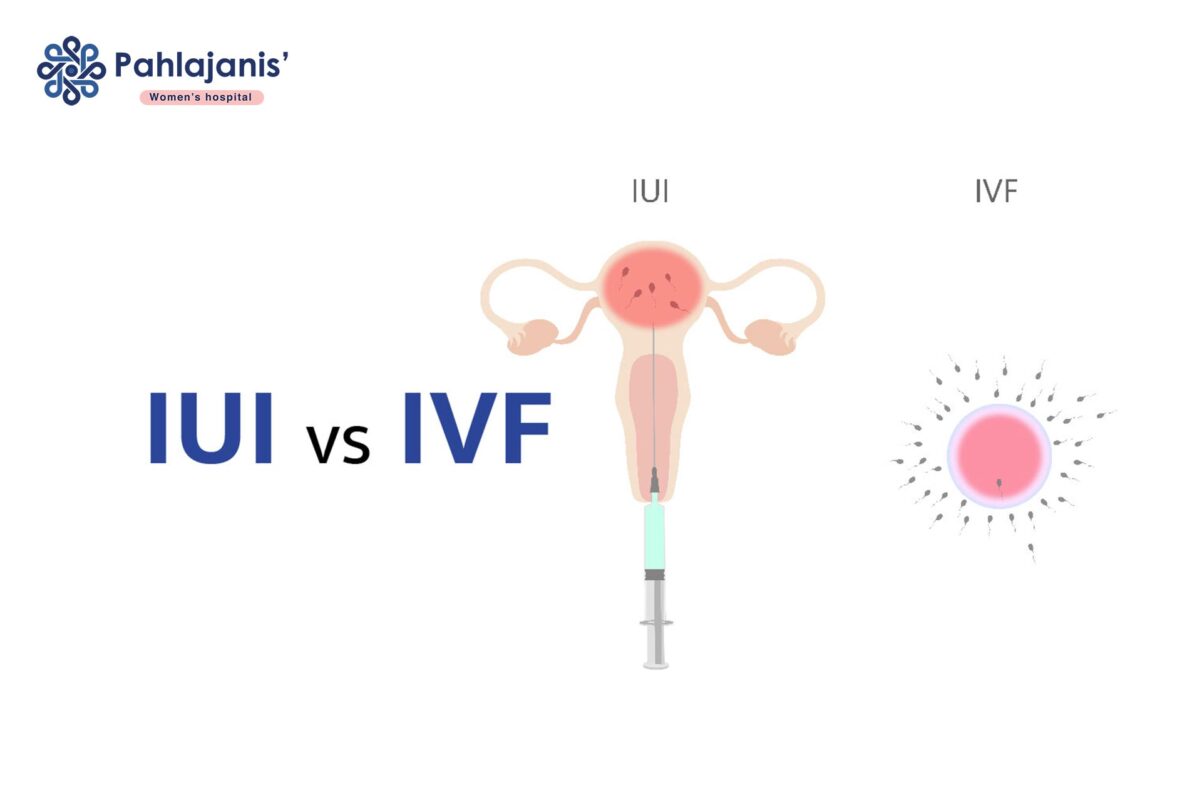Male infertility is a significant concern affecting many couples worldwide. While infertility is often associated with female factors, male infertility contributes to nearly half of all cases. Semen analysis stands as a cornerstone in the diagnosis and male infertility treatment, providing valuable insights into sperm health and reproductive potential. In this comprehensive guide, we delve into the importance of semen analysis in male infertility treatment, shedding light on its role in guiding personalized care and facilitating successful outcomes.
Understanding Male Infertility:
Male infertility refers to the inability to achieve pregnancy despite regular, unprotected intercourse for an extended period. Various factors can contribute to male infertility, including sperm abnormalities, hormonal imbalances, reproductive tract obstructions, and lifestyle factors such as smoking and excessive alcohol consumption. Identifying the underlying cause of male infertility is crucial for effective treatment and successful conception.
Common Causes of Male Infertility:
Low Sperm Count (Oligospermia): This is one of the most common causes of male infertility. Low sperm count reduces the chances of sperm successfully fertilizing an egg.
Poor Sperm Motility: Sperm must have adequate motility (movement) to reach and penetrate the egg. Reduced motility can hinder fertilization.
Abnormal Sperm Morphology: Sperm with irregular shapes or structural abnormalities may have difficulty fertilizing an egg.
Ejaculation Issues: Conditions like retrograde ejaculation (where semen enters the bladder instead of being ejaculated) can affect fertility.
Varicocele: Enlarged veins within the scrotum (varicocele) can raise the temperature in the testicles, impacting sperm production and quality.
Hormonal Imbalances: Imbalances in hormones crucial for sperm production, such as testosterone, can lead to infertility.
Genetic Factors: Genetic conditions like Klinefelter syndrome or Y-chromosome microdeletions can impact fertility.
The Significance of Semen Analysis:
Semen analysis is a diagnostic test used to evaluate the quantity, quality, and motility of sperm in a semen sample. It provides valuable information about sperm count, morphology (shape), motility (movement), and other parameters essential for fertility. Semen analysis helps identify potential sperm abnormalities or deficiencies that may hinder conception, guiding clinicians in developing personalized treatment plans tailored to each individual’s needs.
Parameters Evaluated in Semen Analysis:
- Sperm Count: The number of sperm present in a given volume of semen. A low sperm count (oligospermia) may indicate reduced fertility.
- Sperm Morphology: The size, shape, and structure of sperm. Abnormalities in sperm morphology can impact fertilization and embryo development.
- Sperm Motility: The ability of sperm to move and swim effectively. Poor sperm motility (asthenospermia) can hinder sperm’s ability to reach and fertilize the egg.
- Semen Volume: The amount of semen produced during ejaculation. A low semen volume may indicate problems with sperm production or transport.
Role of Semen Analysis in Treatment Planning:
Semen analysis plays a pivotal role in guiding treatment decisions for male infertility. Based on the results of semen analysis, fertility specialists can determine the most appropriate course of action to optimize fertility and improve the chances of conception. Treatment options for male infertility may include lifestyle modifications, medications, surgical interventions, or assisted reproductive techniques such as intrauterine insemination (IUI) or in vitro fertilization (IVF).
Interpreting Semen Analysis Results:
Interpreting semen analysis results requires expertise and careful consideration of various factors. While abnormal findings in semen analysis can indicate potential fertility issues, it’s essential to assess results in conjunction with other clinical evaluations and diagnostic tests. Fertility specialists at Pahlajanis Women’s Hospital have the expertise and experience to accurately interpret semen analysis results and formulate personalized treatment plans tailored to each patient’s needs.
Benefits of Semen Analysis in Male Infertility Treatment:
- Early Detection of Fertility Issues: Semen analysis enables early detection of potential sperm abnormalities or deficiencies, allowing for timely intervention and treatment.
- Guiding Personalized Care: By providing detailed information about sperm health and reproductive potential, semen analysis helps fertility specialists develop personalized treatment plans tailored to each individual’s needs.
- Monitoring Treatment Progress: Semen analysis is used to monitor the effectiveness of treatment interventions and track improvements in sperm parameters over time.
- Facilitating Informed Decision-Making: Semen analysis empowers individuals and couples with valuable information about their fertility status, enabling them to make informed decisions about their reproductive health and family planning goals.
In the realm of male infertility treatment, semen analysis stands as a critical diagnostic tool, providing valuable insights into sperm health and reproductive potential. By accurately assessing sperm parameters and guiding personalized care, semen analysis plays a vital role in optimizing fertility and facilitating successful outcomes for couples seeking to conceive. At Pahlajanis Women’s Hospital, our team of fertility specialists is committed to providing comprehensive male infertility evaluation and treatment, utilizing advanced diagnostic techniques and evidence-based interventions to help couples achieve their dream of parenthood.










